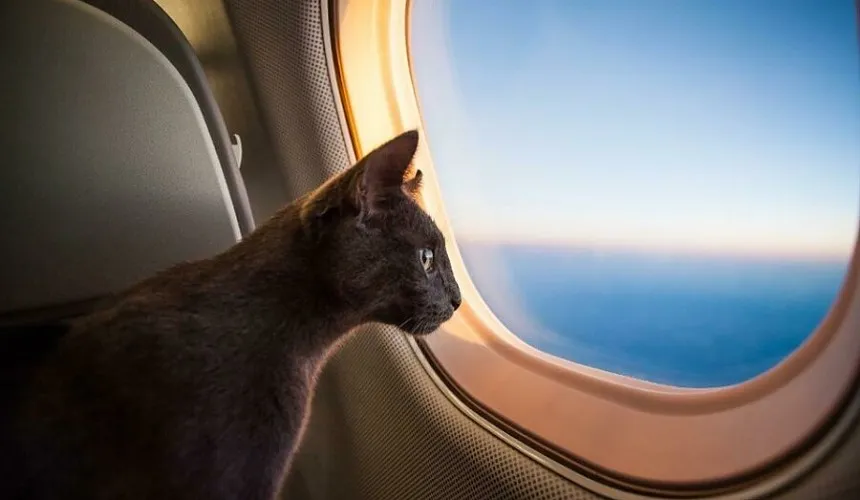Turkey, a country widely popular among foreign tourists, migrants, and investors, often becomes a choice for permanent relocation or extended stays. With the increasing popularity of purchasing property in Turkey and moving there for permanent residence among citizens of CIS countries and others, it's crucial to know how to prepare your pet for legal import into the country.
In 2023, the requirements for importing animals into Turkey became stricter. To transport domestic pets, owners now need to have an electronic identification chip, an international veterinary passport in English, and a veterinary certificate form №1.
Mandatory Procedures and Documents:
1. Electronic Identification: A microchip that can be read electronically is required.
2. International Veterinary Passport: This document must be prepared in English.
3. Veterinary Certificate: Form №1 of the veterinary certificate is essential for the import.
Vaccination and Medical Procedures:
- Rabies Vaccination: The vaccination must be administered no earlier than 30 days and no later than one year before import.
- Deworming and Insectoacaricidal Treatment: These treatments should be completed 24-48 hours before the trip.
- Comprehensive Vaccination: While not mandatory, it's recommended to prevent any complications at the border.
Transporting Animals:
- Specialized Containers: Transportation is permitted only in containers that meet the standards of the International Air Transport Association. The container's size must allow the animal to comfortably stand and change position.
- Materials in the Container: The bottom of the crate should be lined with absorbent material.
- Oxygen Access: The container must ensure adequate oxygen access.
- Container Material: The use of wood for the container's construction is prohibited.
Tariffs and Airline Rules:
- Transportation Fees: The transportation of animals is charged as excess baggage. The cost depends on the animal's weight, the airline's tariff system (by weight or number of pieces), and the distance of the flight.
- Airline Policies: It's important to check the animal transportation rules with your chosen airline and the customs regulations of Turkey.
- In-Cabin Transportation: The ability to transport an animal in the cabin depends on the airline's policy. Space booking in advance is necessary as there is a limit to the number of animals allowed in the cabin. The weight of the animal (up to 5 or 8 kg) is also a factor. Larger animals are transported in the cargo hold.
Special Cases:
- Guide Dogs: There are specific rules for transporting guide dogs accompanying blind or deaf passengers. These dogs are transported free of charge, but appropriate documentation is required.
- Large Dogs (over 40 kg): For large dogs, a separate ticket and seat must be purchased. The fare corresponds to the plane's cabin class.
Additional Information:
- Number and Types of Animals Allowed: Only one cat, one dog, one bird, and up to 10 aquarium fish can be brought into Turkey. Animals must be older than 4 months and possess the necessary veterinary documents.
- Restrictions on Transporting Certain Animal Species: Transporting turtles, pythons, monkeys, and other exotic animals may require special permission.
- Customs Control and Veterinary Inspection: Upon arrival in Turkey, passing through customs control and a veterinary inspection is necessary.
Recommendations:
- Pre-Trip Preparation: Before traveling, it's important to check the latest information on animal transportation rules on the airline's website and familiarize yourself with animal transportation requirements.
- Reissuing Documents: If you plan to stay in Turkey for more than 3 months, you'll need to reissue the certificate at a local veterinary clinic for exporting the animal.
It's important to remember that rules and requirements for animal transportation may change, so it's advisable to check all necessary information well in advance and prepare thoroughly for traveling with your pet.

